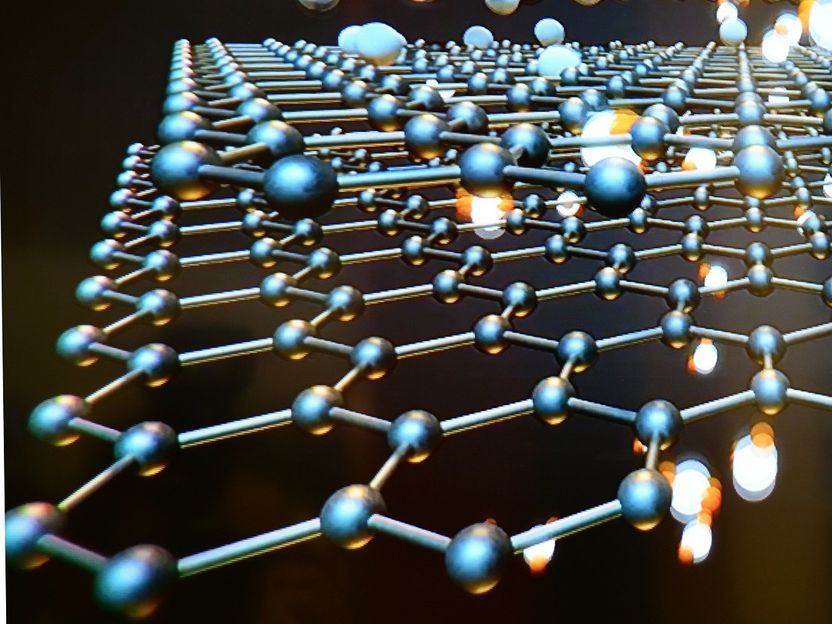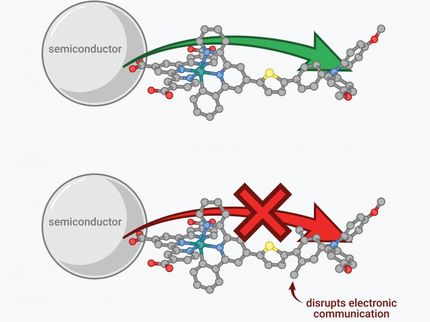Rutgers physicists find unusual electronic properties in bismuth-based crystalline material
Material has potential to improve solar cell efficiency, computer chip design
Advertisement
Physicists at Rutgers University have discovered unusual electronic properties in a material that has potential to improve solar cell efficiency and computer chip design. The scientists determined that a crystal made of bismuth, iron and oxygen can perform an electronic feat typically not feasible with conventional semiconductors. It acts as a reversible diode – essentially an electronic turnstile that lets current flow in one direction under certain conditions and in the opposite direction under different conditions. Traditional semiconductor diodes are not reversible – the direction of current flow that they allow is fixed during fabrication. The researchers reported their findings in Science Express.
The scientists also discovered that diodes made from this material generate current when light falls on them, making the material a potential candidate for future solar cells. The material appears very sensitive to light at the blue end of the spectrum, a property that has the potential to increase solar cell efficiency.
"We've reached the upper limit of efficiency with today's solar cells," said Sang-Wook Cheong, physics professor in the School of Arts and Sciences and one of the paper's five authors. "While we still don't know how efficiently this material will ultimately perform as a solar cell, we do need to keep investigating alternate technologies that show potential for improvement."
The crystal that Cheong and his colleagues investigated is a ferroelectric material, meaning that the crystal exhibits electrical polarization, or alignment. This polarization, which the scientists believe controls the crystal's ability to act as a diode, is known as a "bulk effect" – a characteristic that permeates the whole crystal. In contrast, traditional semiconductors act as diodes based on electrical effects at the interfaces between two different materials. By applying an external voltage on the ferroelectric crystal, the polarization of the material reverses, along with the direction that the diode allows electricity to flow.
"This could make computer chip designs more flexible," said Cheong. "Engineers could design a single circuit element that performs one task under a certain configuration and another task under a different configuration."
Most read news
Organizations
Other news from the department science

Get the chemical industry in your inbox
By submitting this form you agree that LUMITOS AG will send you the newsletter(s) selected above by email. Your data will not be passed on to third parties. Your data will be stored and processed in accordance with our data protection regulations. LUMITOS may contact you by email for the purpose of advertising or market and opinion surveys. You can revoke your consent at any time without giving reasons to LUMITOS AG, Ernst-Augustin-Str. 2, 12489 Berlin, Germany or by e-mail at revoke@lumitos.com with effect for the future. In addition, each email contains a link to unsubscribe from the corresponding newsletter.
Most read news
More news from our other portals
Last viewed contents
Trifluoromethylphenylpiperazine
Sector_instrument
Interleukin_15
Sirolimus
Bergamottin
Felbinac
Reactions_on_surfaces































































